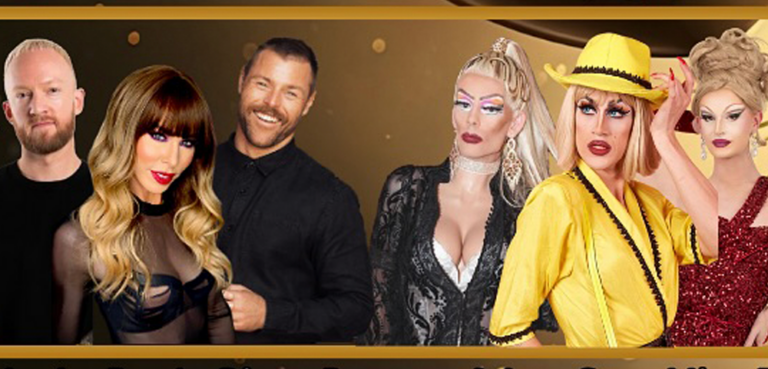
‘I transitioned when I was fifty-one’: trans elder Katherine Cummings
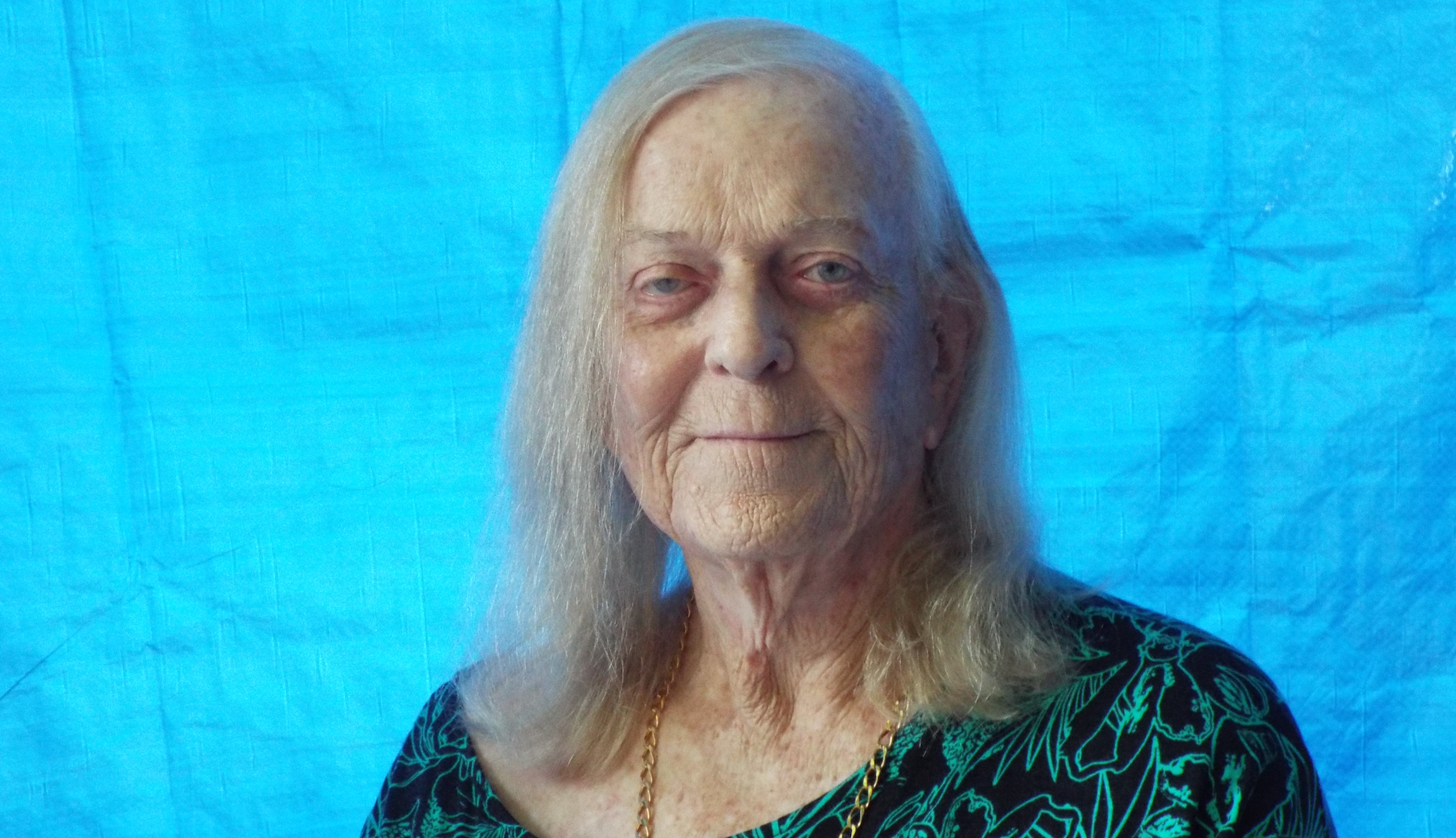
For this month’s Gender Whisperer column, Katherine Wolfgramme speaks with trans elder, award-winning author, and trailblazing pioneer Katherine Cummings.
***
Katherine was born in Scotland in 1935, and transitioned in 1986, winning the Australian Human Rights Award for Non-Fiction for her autobiography Katherine’s Diary in the early nineties.
Despite rumours to the contrary she hasn’t sailed alone around Cape Horn, worked as a lumberjack, or modelled for Oscar de la Renta. She has, however, sailed alone around Bradleys Head, worked as a payroll guard, and modelled for Madame Lash.
How did you decide on your name?
I named myself after Katharine Hepburn, a strong, intelligent woman who campaigned for human rights at a time when it was unfashionable to do so.
What obstacles did you face transitioning that may no longer be barriers now?
I transitioned when I was fifty-one and went through gender affirmation. I had had experience in amateur theatre work, where I learned about makeup and various other skills that became useful later. The major obstacle I faced (apart from the loss of most of my marital family) was the fact that transgender people were not protected by the NSW Anti Discrimination Act until the mid-nineties. This made it hard to obtain employment, and my position as head of the Library at Sydney College of the Arts became redundant.
You are considered an elder by many trans people across Australia. What would you consider to be your greatest contributions to the community?
I’m surprised to hear I am thought of as an elder. I think I’m just old. I have contributed to change in some regulations. I managed to persuade the Immigration Department to change my name on my Naturalisation Certificate which had been contrary to their practice, and I did manage to persuade the Income Tax Office that electrolysis was therapeutic and not cosmetic as far as trans people were concerned. They refused to agree for four years but in the fifth year they conceded the point and refunded my previous four years payments. Both of these concessions became precedents for others to follow.
Next year will mark the 20th international Transgender Day of Remembrance. How have you played a role in Sydney’s event?
I joined the Gender Centre in 2001, and was asked to organise TDoR on behalf of the centre in 2003. I believe the day is a useful way to bring trans people together and to involve people of influence who may thereafter be inclined to work for the betterment of transgender welfare. We have heard keynote speeches from politicians, highly placed administrators, dedicated activists, and sympathetic influential police commissioners, as well as various individuals from the community who have brought their personal experiences to the fore and reinforced the need for an amelioration of the general trans condition.
What have been the greatest leaps forward for the trans community, and what do you feel is lacking?
In the legal sector the inclusion of trans in the NSW Anti Discrimination Act stands out and the subsequent attention given to transgender rights by the Anti Discrimination Board. The creation of Gay and Lesbian Liaison Officers in the police force has also been a move in the right direction, and changes to Correction Services policies have also improved the lives of a lot of incarcerated transgender men and women. Socially there have been significant advances, but there is still much to be achieved through education.
What are your hopes for the trans community?
I hope for the day when trans is accepted as a simple variation from the norm, to be neither condemned nor praised. I hope that research will continue into gender and sex diversity and that when truths are discovered they will be publicised, not concealed.
What advice would you pass down to future generations?
Do your best to leave the world a little better than you found it. Remember that you have responsibilities as well as rights and that the aim should be to centre the pendulum, not to push it far over to the other side. Remember that trans is not a closed society but a small segment of society as a whole and that we should aim to make it fit into society, not stand out from it.
Listen to Katherine’s powerful and poignant speech from Trans Day of Remembrance last year: www.sendspace.com/pro/dl/v714ub
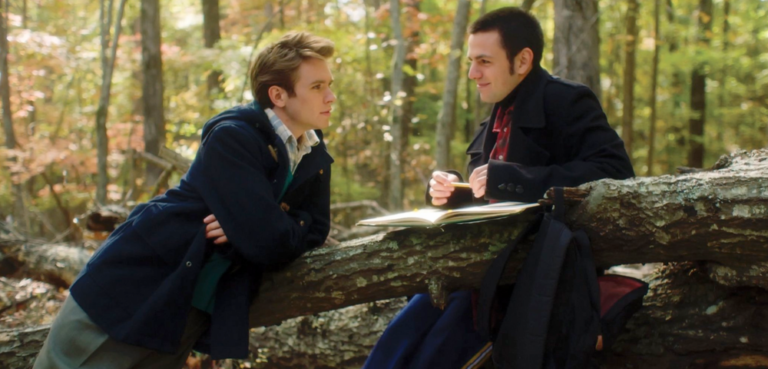
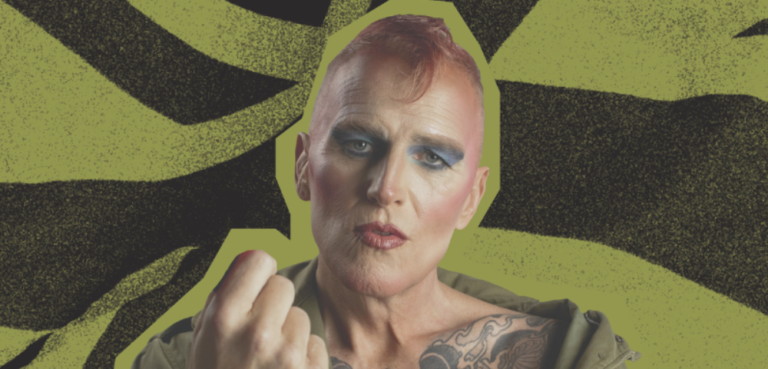



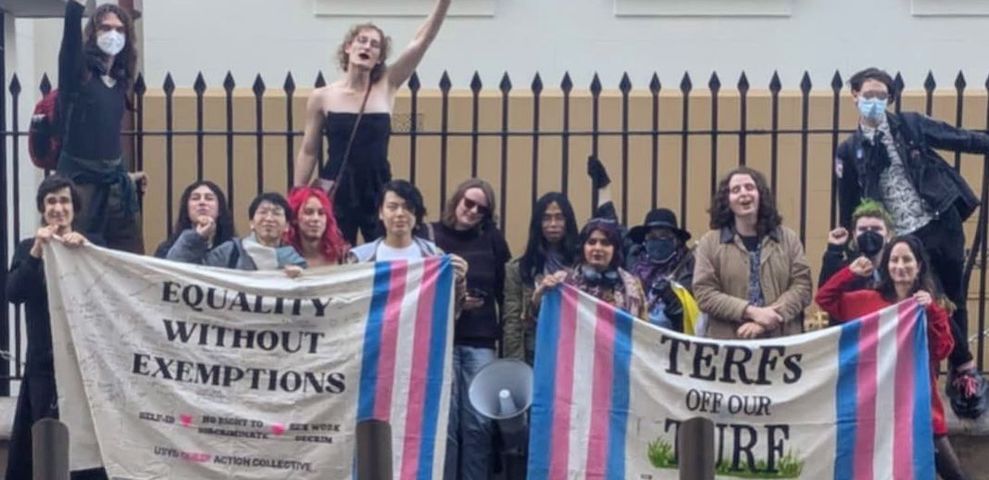

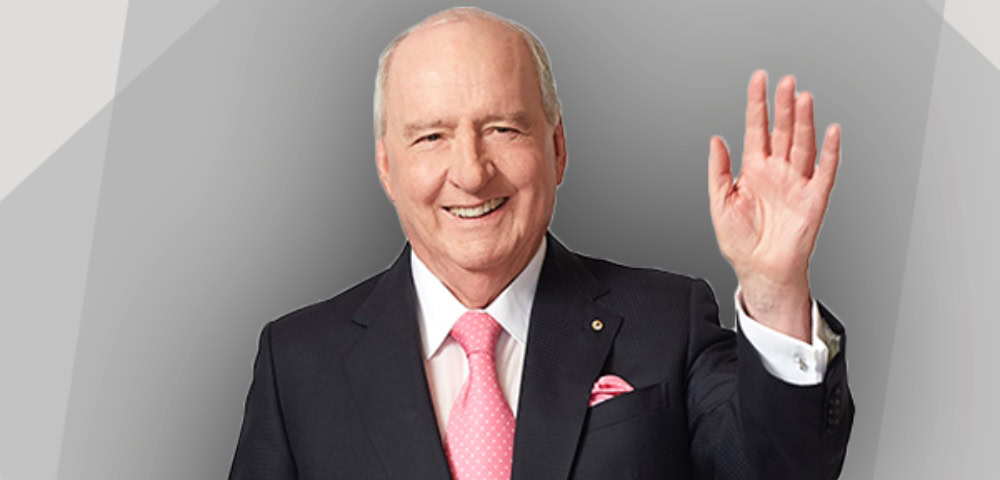
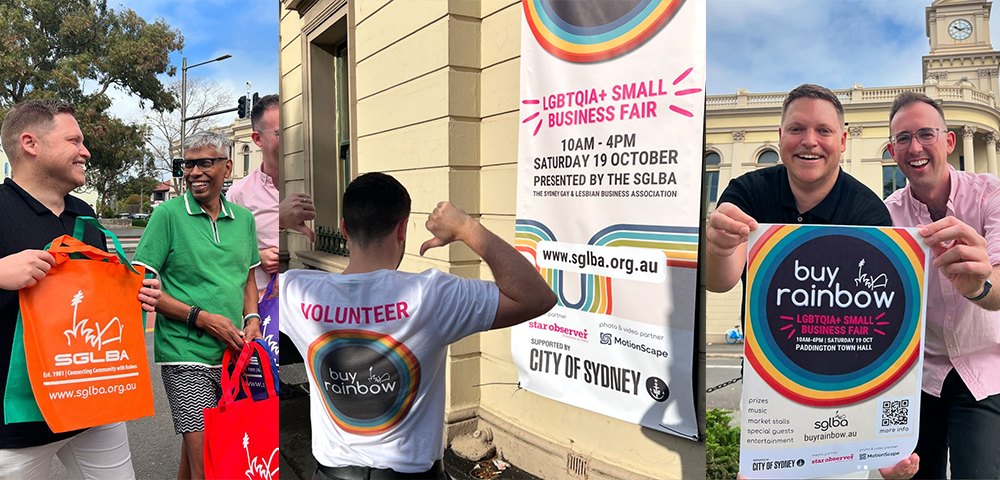
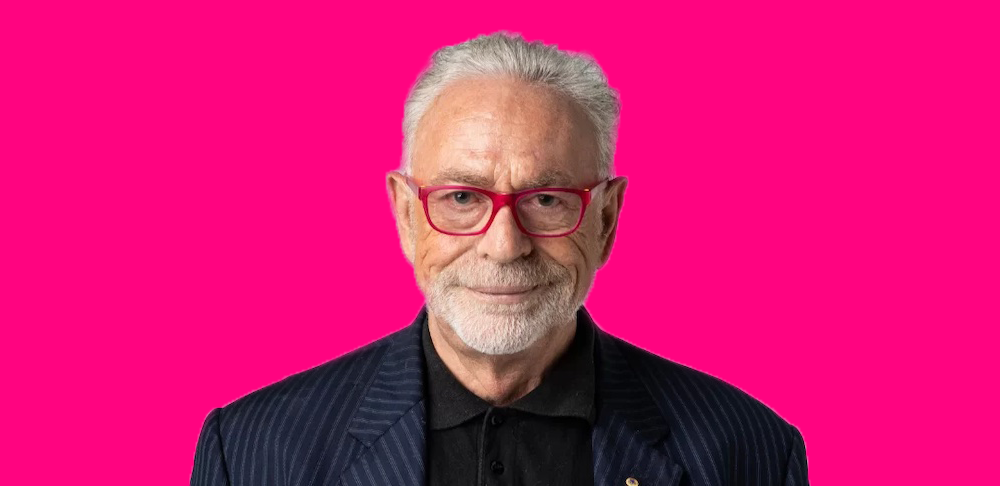
What a pleasant surprise to come across this piece in the Star Observer. Thank you Katherine for all you have done for our community over the years and continue to do today. As a former Gender Centre colleague of Katherine’s I happen to know that she has done a mammoth amount of caring for others when their fortunes were down by taking people into her home and her heart and I’m sure that is greatly appreciated by everyone whose wellbeing Katherine observed without being asked to do so. Many thanks Katherine.
And after all Katherine has done for the transgender cause over almost 40 years now, her book winning the Human Rights Award, the Gender Centre is treating her in the most disgraceful way. I live with Katherine and have genuine fears for her. It is time the managemnet and board of the GC are removed and I for one will be taking this up with the relevant Ministers and departments when the debacle the GC has going against Katherine is resolved.
A Shorten Federal Government has commited to a National Gender Centre so hopefully this once great institution, now a dog’s breakfast will be shut down, it’s what I will be pushing for.